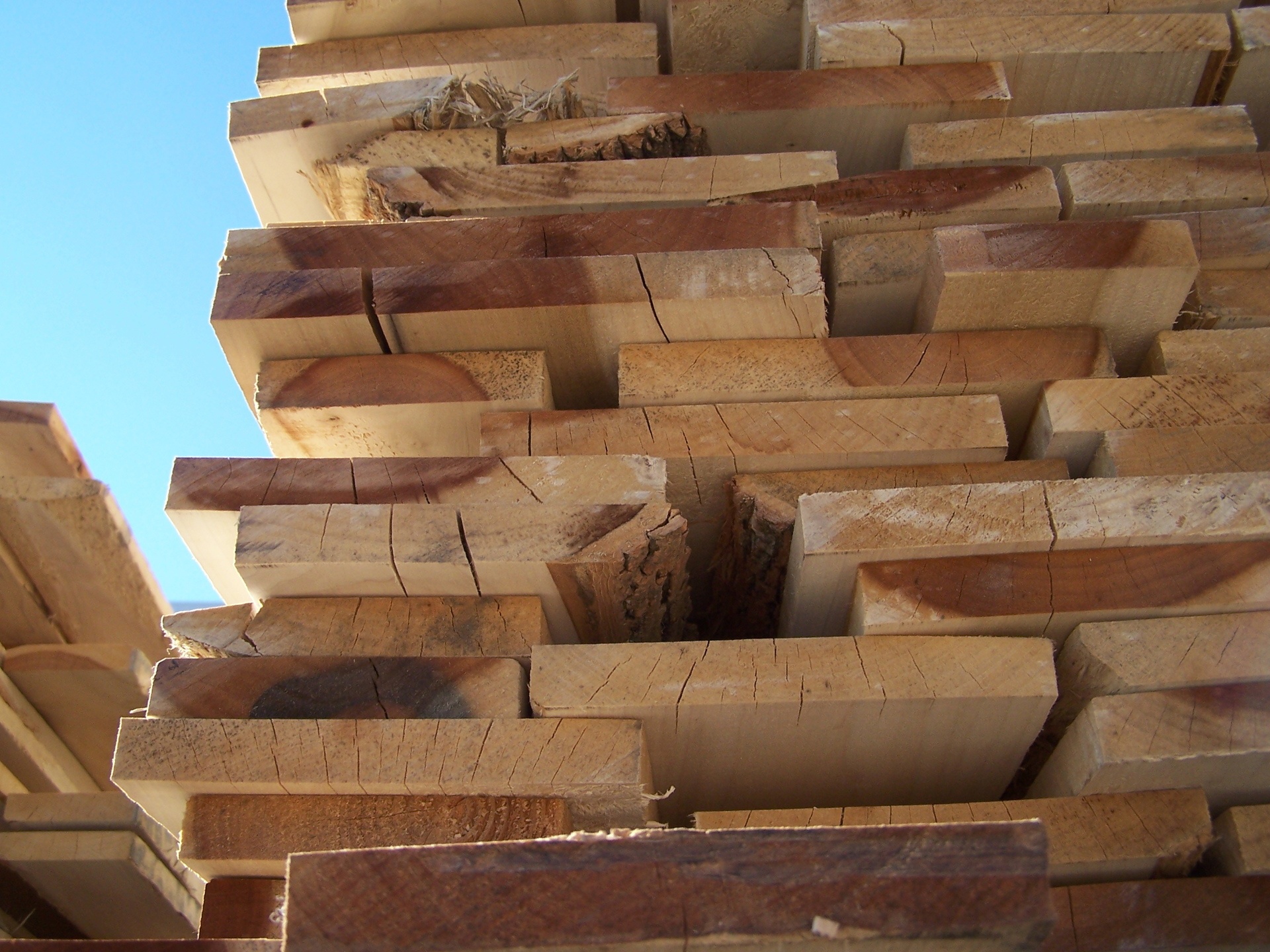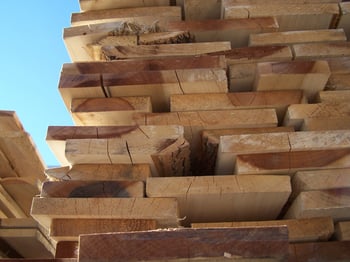2 min read
DOC Adds Anti-Dumping Duties to Canadian Softwood Lumber Imports
Morgan Brinton : June 29, 2017

Tensions continue to run high between the US and Canadian governments after Monday’s affirmative preliminary determination on anti-dumping duties by the U.S. Department of Commerce (DOC) and ongoing negotiations for an amended North American Free Trade Agreement (NAFTA). The recently-announced anti-dumping duty (AD) imposed on Canadian softwood lumber is based on the DOC findings that Canadian softwood lumber exports were sold at 4.59 percent to 7.72 percent less than fair value.
Such duties are not unique to this segment, and this is not the first lumber market dispute between the US and Canada. There have been five disputes in the last 40 years, including the Softwood Lumber Agreement that ended last year.
The latest petition was filed by the Committee Overseeing Action for Lumber International Trade Investigations or Negotiations (COALITION) based on allegations of distortions in the market. These preliminary AD rates are in addition to the Preliminary Countervailing Duty (CVD) rates that were announced in April. This brings the total duties on Canadian softwood lumber to between 17.41 percent and 30.88 percent, which has prompted the Canadian government to label them as “unfair and punitive.”
Allegations that Canadian producers receive unfair subsidies are based on the claims that they obtain artificially low stumpage prices on government-subsidized land. The Atlantic Provinces (Newfoundland and Labrador, Nova Scotia and Prince Edwards Island) argued that they operate more as a free-market and mostly on private land and the DOC has excluded these three provinces from the scope of the investigation. However, a final decision is pending upon completion of the investigation.
What are both countries saying?
U.S. Secretary of Commerce Wilbur Ross said, “The United States is committed to free and fair trade, as seen today with the preliminary decision to exclude softwood lumber from the Canadian Atlantic Provinces in the ongoing antidumping and countervailing duty cases. While I remain optimistic that we will be able to reach a negotiated solution on softwood lumber, until we do we will continue to vigorously apply the AD and CVD laws to stand up for American companies and their workers.”
The Canadian government, which denies subsidizing lumber producers, said “We will vigorously defend Canada’s softwood lumber industry, including through litigation.”
What’s Next?
The DOC will continue its investigation and is scheduled to make a final decision on September 7th. The U.S. International Trade Commissions (ITC) is also conducting an investigation to determine if American lumber producers have been harmed as a result of Canadian imports. The ITC is scheduled to make its decision on October 21st.
If the ITC determines that US producers haven’t been harmed by Canadian softwood lumber imports, the investigations will end and no additional duties will be collected. If the DOC and ITC both make affirmative final decisions, an anti-dumping order will be released.
A lot is at stake in this decision, as the US lumber market is the largest in the world; 2016 imports of softwood lumber from Canada are estimated to be worth $5.66 billion. The global market is sure to be watching for new opportunities and related effects from any additional duties, especially in the midst of heavy building season.





